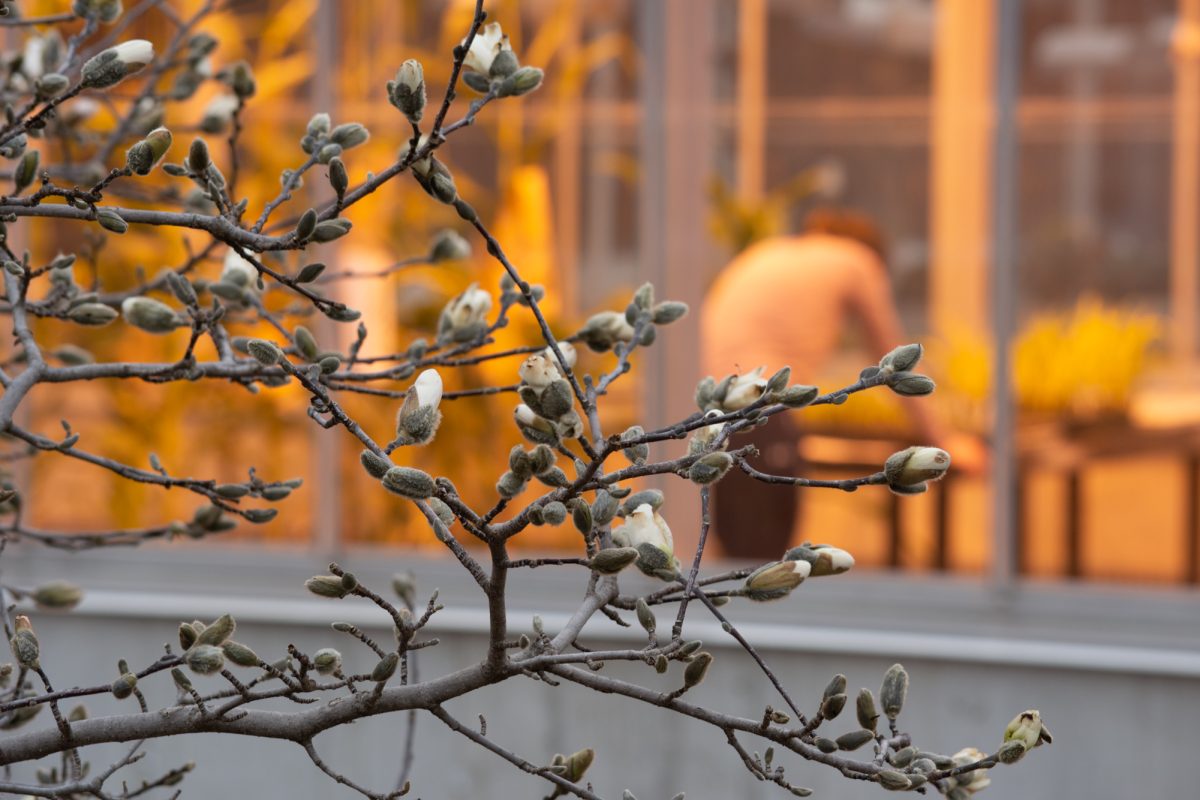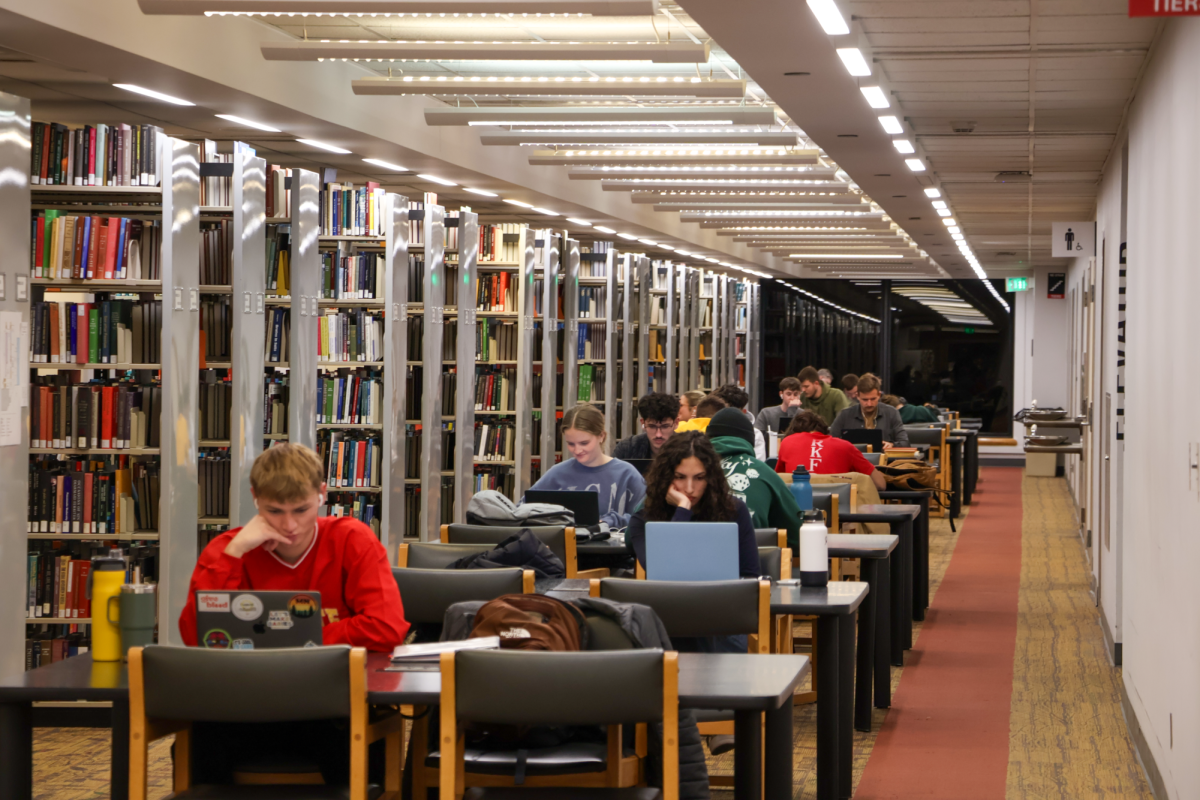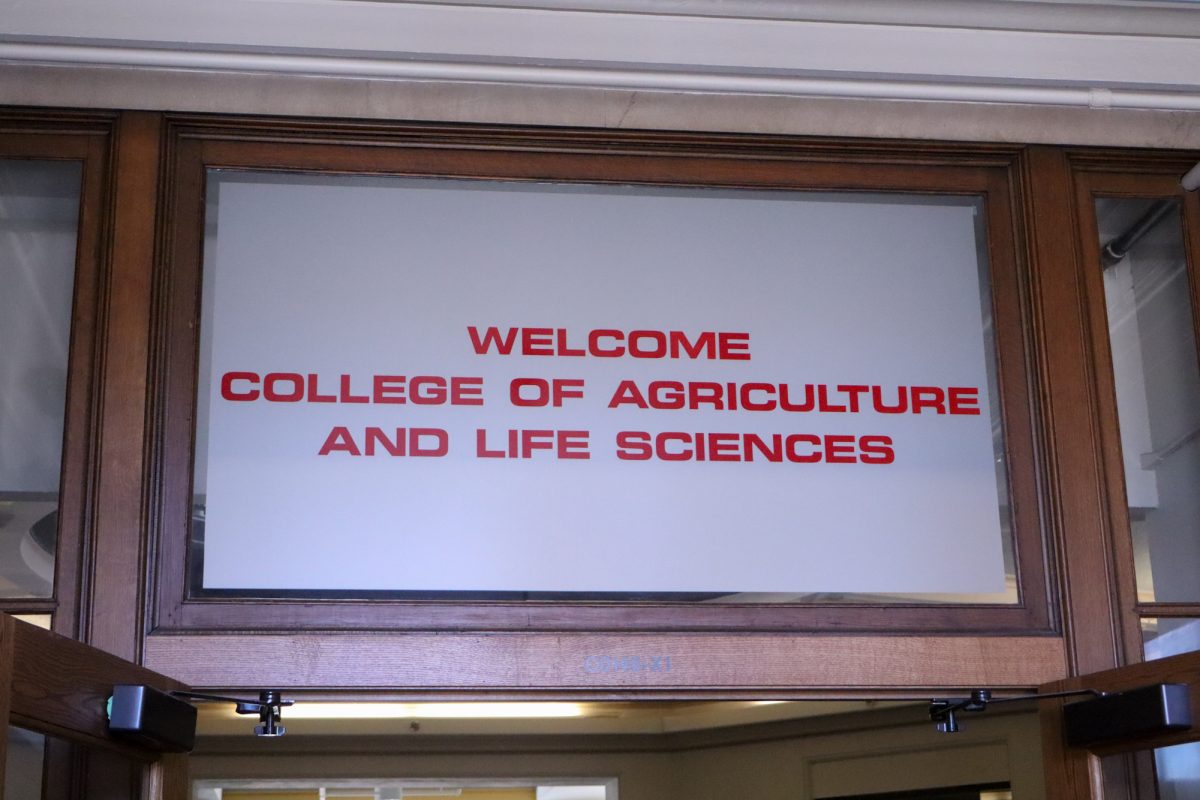62 dead in Syria as diplomatic efforts continue
March 8, 2012
(CNN) — At least 62 people were killed in Syria on Thursday as former U.N. Secretary-General Kofi Annan cautioned against outside military intervention, saying it could worsen an already precarious situation.
But, Annan told the Arab League summit in Cairo, “the violence and killings must stop immediately.”
Annan, the special joint envoy to Syria for the United Nations and the Arab League, began a visit to the region in Cairo on Wednesday. The U.N. said he will visit Damascus on Saturday “to seek an urgent end to all violence and human rights violations and to initiate efforts to promote a peaceful solution.”
“I hope that no one is thinking very seriously of using force in this situation,” Annan said Thursday. “I believe any further militarization would make the situation worse. We have to be careful not to introduce a medicine worse than the disease.”
Meanwhile, shelling and explosions rocked several Syrian cities early Thursday, and there were reports of violence in several locations as the Syrian regime continued assaults against opposition strongholds.
Thursday’s death toll included members of a whole family, according to the Local Coordination Committees, a Syria-based opposition activist network. Fifty-two people died in the city of Homs, the LCC said; 44 of them were executed in a field.
Security forces attacked a funeral procession in the Damascus neighborhood of Mazzeh and targeted the car carrying the body, the network said. The Syrian Observatory for Human Rights, another opposition group, said those arrested numbered in the dozens.
Violent clashes were reported in Idlib province, and more than 50 young men were arrested in a “detention campaign” in Hama, the LCC said.
Two blasts rocked the town of Izaz near the Syrian-Turkish border Thursday morning, according to the Syrian Observatory for Human Rights. The blasts were followed by fierce clashes between government soldiers and soldiers that had defected.
Shelling and rocket attacks were also reported in the Homs neighborhoods of Bab Tadmur and Jib al-Jandali Thursday, the fifth day in a row of government attacks there, the group said.
Syria, which blames the violence on “terrorists,” has said it is trying its best to get aid to hard-hit areas.
CNN cannot independently confirm reports across Syria because the government has severely restricted the access of international journalists. But the vast majority of reports out of Syria indicate that as part of a nearly yearlong crackdown, President Bashar al-Assad’s forces are slaughtering civilians in opposition hotbeds in an attempt to wipe out dissidents seeking his ouster.
Tunisia, which was beset by unrest itself during the past year, is “ready to participate in an Arab Peace Force in Syria after the fall of the regime … to restore security and stability for the Syrian people,” interim President Mohammed al Monsif Al Marzouki said after a meeting Thursday with Turkish President Abdullah Gul, according to Tunisie Afrique Presse, the country’s state news agency.
Refugees continue to flee Syria for Lebanon, officials have said.
“The ICRC, along with the Lebanese Red Cross, have been making sure that those Syrian wounded who are able to cross into Lebanese territory are being evacuated and getting into hospitals, accessing the medical care they need,” Samar el Kadi, a spokeswoman for the International Committee of the Red Cross in Lebanon, told China Central Television on Thursday.
“I mean, when we get them, the first concern is to bring them to the hospitals for any kind of injury, or even if they are sick,” she said. “You have people who are crossing, and they are ill and need immediate medical assistance.”
However, cold weather poses a threat to the refugees, particularly families with small children, she said.
On Wednesday, U.N. Secretary-General Ban Ki-moon and Arab League Secretary General Nabil Elaraby announced the appointment of longtime Palestinian diplomat Nasser Al Kidwa as Annan’s deputy special envoy to Syria.
Also in the country was China’s envoy to Syria, Li Huaxin. The diplomat met with Syrian government officials and opposition members during a two-day visit, China’s Xinhua news agency reported Wednesday.
The diplomat called for both sides to end the violence.
Russian diplomat Mikhail Bogdanov told the Syrian ambassador to Russia, Riyad Haddad, that the country backed the missions of Annan and U.N. relief official Valerie Amos, who visited Homs on Wednesday.
Russia is urging all parties to stop the violence and “create conditions for the real and inclusive political dialogue between Syrians without outside interference.” Haddad “confirmed the readiness of the Syrian government for a constructive dialogue with the opposition,” the news outlet said.
In New York, at a meeting of the U.N. Security Council on Wednesday, Russian envoy Vitaly Churkin said Syrian rebels were being trained at a camp inside Libya.
“We have expressed concerns about the noncontrol of Libyan arms in the region. However, it is not just weapons that are going abroad,” Churkin said. “We have received information that in Libya, with the support of the authority, there is a special training center for the Syrian revolutionaries, and people are sent to Syria to attack the legal government. This is completely unacceptable.”
Such activity, he said, “is undermining stability in the Middle East.”
Libyan Prime Minister Abdurrahim El-Keib denied that to reporters Thursday during a news conference with U.S. Secretary of State Hillary Clinton.
“I believe we were the first country to recognize the Syrian Transitional Council, and we did it because we felt that the Syrian cause is a good cause,” El-Keib said. “It’s people voicing their voice, raising their voice, asking for freedom.
“As far as training camps, unless this is something that is done without government permission, which I doubt, I’m not aware of any,” he said.
Russia — a Soviet-era ally and arms dealer to Syria — and China previously vetoed a Security Council resolution condemning the Syrian government.
Asked whether Russia and China have blood on their hands, Simon Collis, British ambassador to Syria, told CNN on Thursday, “We don’t think that supplying weapons to this regime is a right or defensible course of action. We don’t think that defending this regime from being held to account for its actions is helpful, and we don’t think that it helps find a political solution to the crisis, which is the key issue.”
A high-ranking member of the Syrian regime — who identified himself as Abdo Hussam el Din, the country’s deputy oil minister — announced in a video posted on YouTube on Wednesday that he was defecting from the al-Assad regime.
“I am joining the revolution of this noble people who will not accept injustice,” the man said in Arabic. “I’ve been part of this government for 33 years, and I have acquired many titles, and I do not want to retire serving the crimes of this regime.”
The man, who appeared to be the same one pictured on the government’s oil website, said, “I decided to join the voice of the righteous despite the notion that this regime will burn my house and harass my family and will invent many lies.”
Also Wednesday, the United Nations emergency relief chief met in Syria with top government officials and visited an area ravaged by weeks of government attacks.
Amos surveyed the Baba Amr neighborhood of Homs on Wednesday for only 45 minutes while gunfire was heard from other areas of the city, officials said.
“Valerie told me on the phone from Damascus this afternoon that the areas of Baba Amr that she saw were devastated,” said spokeswoman Amanda Pitt of the U.N. Office for the Coordination of Humanitarian Affairs.
Meanwhile, videos recently posted on the Internet show evidence of torture in a government-controlled hospital in Homs. One video shows wounded hospital patients chained to their beds, their bodies showing marks of beatings or electric shocks. At one point, the camera pans to a hospital room to show that there was a set of jumper cables in a room with a group of chained hospital patients.
“The regular people from the population do not trust the government hospitals anymore,” said Jacques Beres, co-founder of the humanitarian organization Medecins Sans Frontieres (Doctors Without Borders).
He said he spent two weeks in Homs helping patients.
“There are confirmed stories of amputations for no reason, removal, kidnapping, executions, torture,” Beres said.
On Wednesday, 40 people were killed, including seven children, one woman and two military recruits, according to the LCC. The death toll included 26 people in Homs, the group said. State media said 14 “army and law enforcement martyrs” were buried Wednesday.
The United Nations has said at least 7,500 people have died in the crackdown, while opposition activists put the toll at more than 9,000.
The Syrian government says that more than 2,000 security personnel have been killed.
— CNN’s Elizabeth Joseph, Paula Hancocks, Mitra Mobasherat, Amir Ahmed and journalist Ian Lee contributed to this report.






